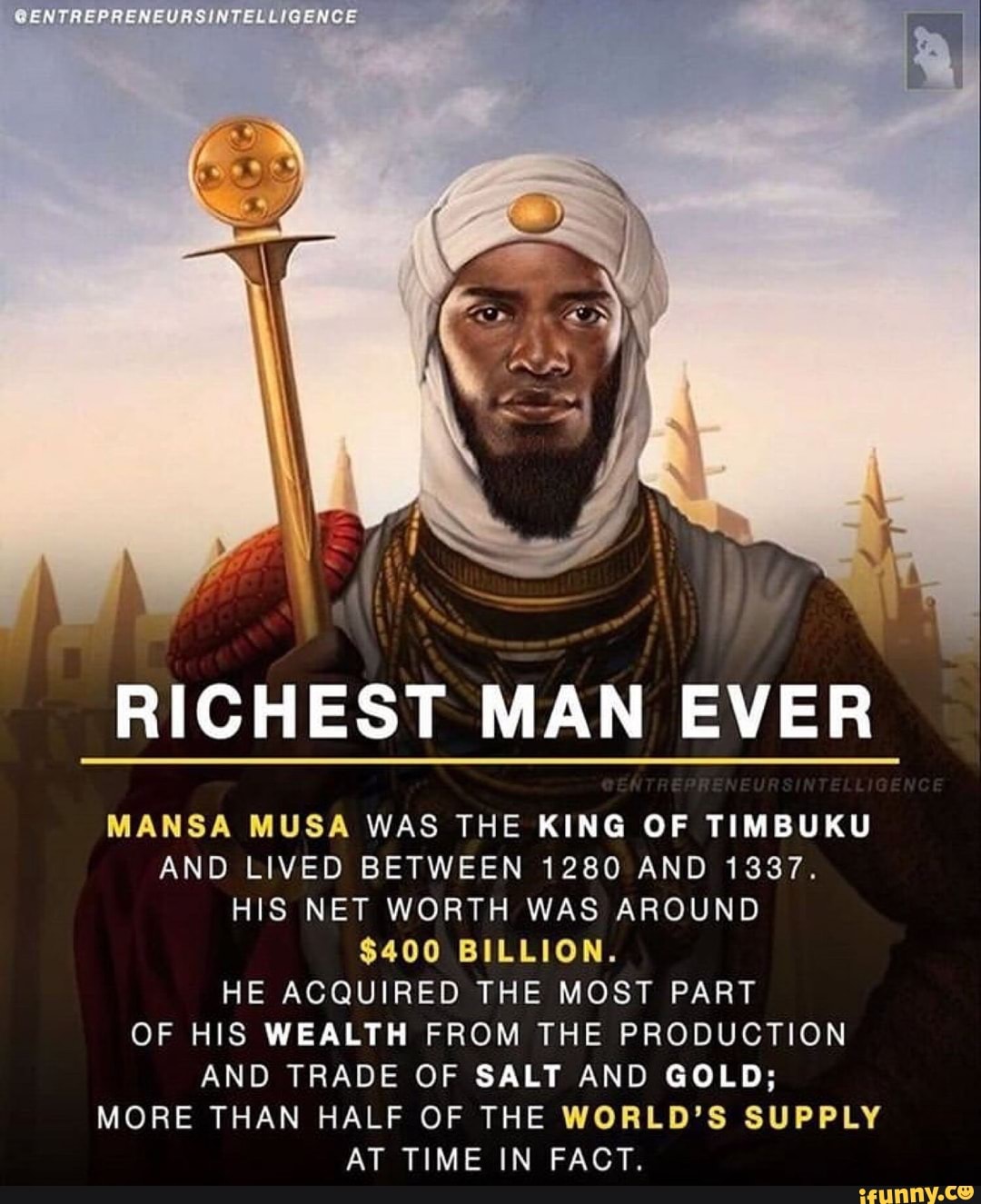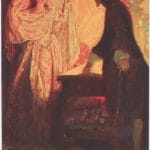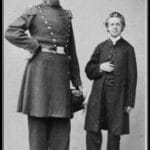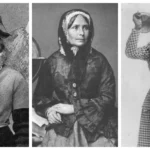Ever heard of Mansa Musa? He’s often called the richest man who ever lived, but his story is far more intricate than just mountains of gold. Journey back to 14th-century Africa, a time of powerful empires and epic pilgrimages. This is the story of Mansa Musa, his transformative Hajj to Mecca, his role in establishing Timbuktu as a center of learning, and the multifaceted legacy that made him a legend. Prepare to explore an African golden age, a period of prosperity, intellectual flourishing, and architectural grandeur.
The Rise of an African Emperor
Mansa Musa’s ascent to power was anything but predictable. As the grand-nephew of Sundiata Keita, the Mali Empire’s founder, he wasn’t next in line for the throne. His rise was a consequence of his predecessor, Mansa Abubakari Keita II’s mysterious disappearance during a voyage across the Atlantic. This unexpected turn of events paved the way for Musa’s reign, beginning around 1312. The fate of Abubakari remains a historical enigma, with theories ranging from reaching South America to perishing at sea. This mystery shrouds Musa’s ascension in intrigue, adding another layer to his captivating story.
A Golden Empire: Wealth and Its Impact
Mansa Musa’s name is synonymous with wealth, and for good reason. He ruled an empire brimming with gold and copper resources, effectively controlling the trans-Saharan trade. This trade encompassed not only precious metals but also salt, ivory, and other valuable commodities. But was he truly the richest person ever? While often cited, the $400 billion estimate is highly debated among historians and economists. Comparing wealth across centuries, with such different economic systems and values, is incredibly complex. It’s perhaps more accurate to describe Mansa Musa’s wealth as having immeasurable global impact.
One striking example is his unintentional disruption of Cairo’s economy during his Hajj to Mecca. His lavish spending and generous distribution of gold caused a dramatic inflation spike, flooding the market and destabilizing the local economy for years. This incident vividly illustrates the sheer scale of his wealth and its far-reaching consequences.
The Hajj: A Transformative Pilgrimage
In 1324, Mansa Musa embarked on his Hajj, the pilgrimage to Mecca, a deeply significant journey for Muslims. But this was no ordinary pilgrimage. It was a breathtaking spectacle, a testament to the Mali Empire’s power and magnificence. A caravan of 60,000 people traversed the Sahara Desert, including soldiers, servants, scholars, and an immense quantity of gold.
This journey was more than a religious obligation; it was a profound cultural and political statement. It projected Mali’s wealth and cultural sophistication onto the world stage, reshaping global perceptions of Africa. It revealed a powerful and advanced civilization, challenging existing assumptions and leaving a lasting mark on history.
A Legacy Forged in Learning
While Mansa Musa’s wealth often dominates the narrative, his true legacy lies in his broader contributions. Through strategic military campaigns, he expanded the Mali Empire, nearly tripling its size. Yet, his most enduring achievements were not military conquests. He was a devoted patron of education, arts, and architecture. He invested significantly in mosques, schools, and libraries, notably in Timbuktu and Gao. Under his patronage, Timbuktu blossomed into a renowned center of learning, drawing scholars and students from throughout the Islamic world. He cultivated an intellectual golden age, demonstrating his understanding that true power resides not just in wealth or military might but in the intellectual and cultural growth of a civilization.
Cultural Exchange and Enduring Influence
Mansa Musa’s pilgrimage was a catalyst for cultural exchange, forging new connections between Mali and the wider world. It facilitated the flow of ideas, technologies, and architectural styles, enriching Mali’s already vibrant culture. The economic effects of his gold, initially disruptive in Cairo, likely influenced trade routes and economic relationships long-term. Some scholars suggest that the influx of gold may have even contributed to the growth of certain trade centers. His patronage of Islamic scholarship significantly impacted the religion’s development in West Africa, creating a unique blend of Islamic traditions and local customs.
Mansa Musa’s story transcends the simplistic narrative of “the richest man ever.” It is a story of leadership, faith, intellectual curiosity, and cultural impact. His influence on West African history, culture, and the broader medieval world is undeniable. While much is known about his reign, ongoing research continues to uncover new insights into this remarkable figure. Unleash your inner warrior with these inspiring Genghis Khan quotes. Mansa Musa’s legacy prompts us to reconsider how we measure wealth and its impact, reminding us that true greatness lies in the enduring mark we leave on the world.
- Unlock Elemental 2 Secrets: Actionable Insights Now - April 2, 2025
- Lot’s Wife’s Name: Unveiling the Mystery of Sodom’s Fall - April 2, 2025
- Photocell Sensors: A Complete Guide for Selection and Implementation - April 2, 2025
















